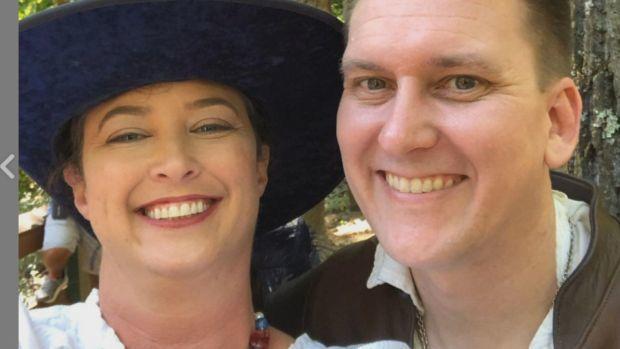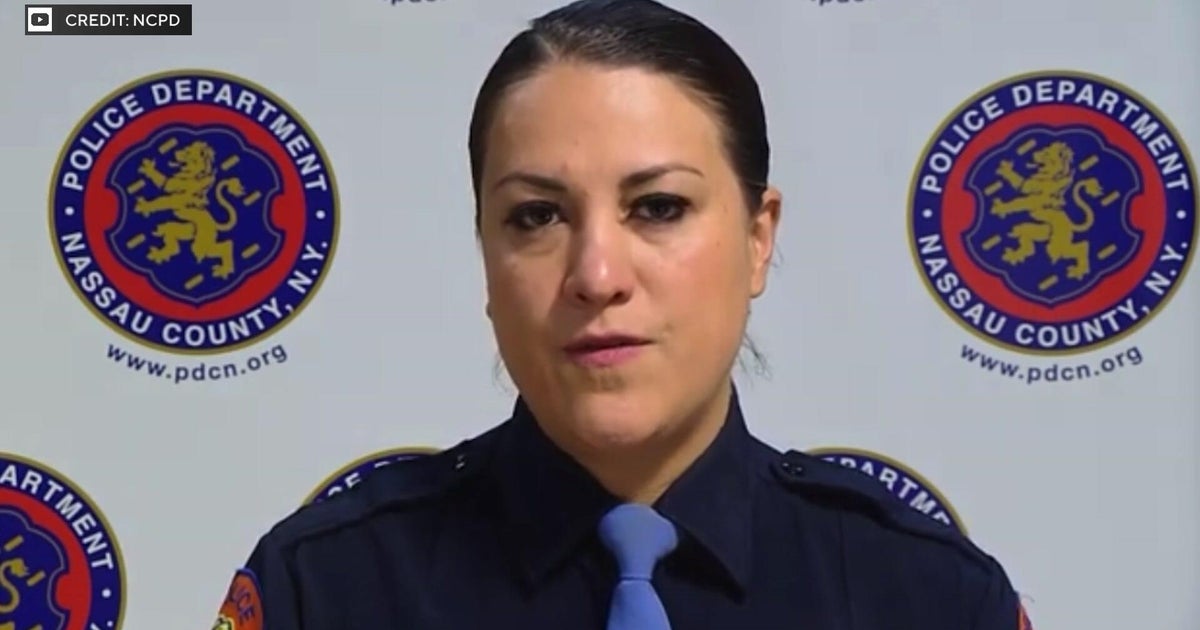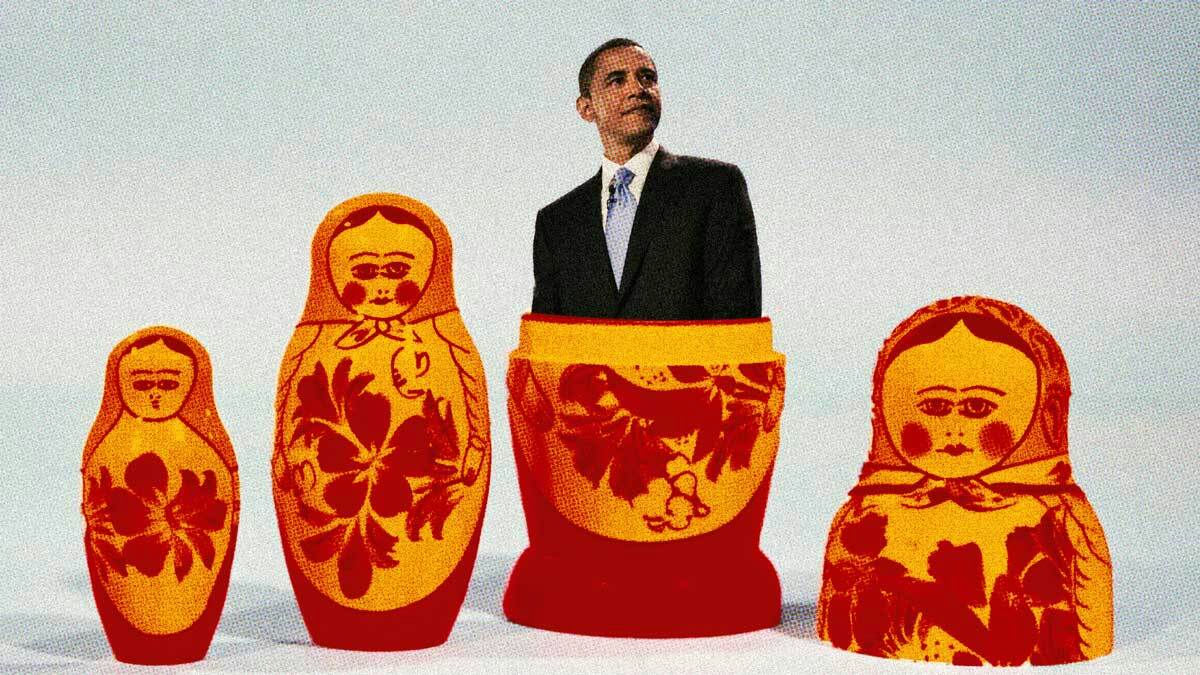Navy engineer Jonathan Toebbe pleads guilty in spy case
A Maryland-based naval nuclear engineer accused of trying to pass information about nuclear-powered submarines to a foreign government pleaded guilty Monday to one count of conspiracy to communicate restricted data.
Jonathan Toebbe of Annapolis, Maryland, was formally indicted by a grand jury in October on one count of "conspiracy to communicate restricted data" and two counts of "communication of restricted data."
A plea deal requests he be sentenced to 12.5 years to 17.5 years in prison. Under the plea deal, Toebbe will assist federal officials with locating all classified information and restricted data owned by him and he may not have contact with any foreign governments.
Toebbe's outreach to a foreign government, which has not been named in court documents, began in April 2020, when he sent a package containing Navy documents and instructions about how to contact him, according to the criminal complaint.
"I believe this information will be of great value to your nation," he wrote, according to the complaint. "This is not a hoax."
Months later, Toebbe allegedly began corresponding with someone he believed to be an agent of another country, but who was actually an undercover FBI agent. The FBI has not disclosed how it obtained the package.
Toebbe, cautious that the contact was not who they said they were, declined to meet in person, saying it would be "very risky for me." He asked the contact to place a sign on the property of the country's embassy in Washington, D.C., to prove their credentials. Toebbe said he would look for the signal over Memorial Day weekend.
"The signal will be inside our main building from Saturday morning until Sunday evening Memorial Day weekend," the FBI wrote to Toebbe in May 2021. The FBI conducted an operation "that involved placing a signal at a location associated with" the unnamed country, according to the complaint.
Court documents claimed the Navy engineer agreed to sell restricted data to the undercover agent for tens of thousands of dollars in cryptocurrency.
Toebbe was arrested in October after a series of "dead drops" — a method of tradecraft that involves hiding information at a secret location without two people directly meeting — in West Virginia, Pennsylvania and Virginia, according to the complaint. In one of the dead drops, he placed a memory card inside half a peanut butter sandwich, the government alleged in court filings last year. At other dead drops, Toebbe concealed memory cards inside a sealed Band-Aid wrapper and a chewing gum package.
The memory cards contained restricted data about nuclear submarine designs, according to the criminal complaint.
Toebbe mentioned to the individual he thought was a foreign agent that he and his wife might need help fleeing the country.
Toebbe also had the assistance of his wife, Diana, who prosecutors alleged acted as a lookout for her husband when he made some of the dead drops.
Diana Toebbe pleaded not guilty to the charges levied against her and remains jailed pending trial.
Following her indictment in October, Diana Toebbe has taken a more aggressive legal approach than her husband, fighting pretrial detention and hiring a team of attorneys to make her case. But using more than two dozen exhibits — including multiple video and photo presentations that purportedly showed the Toebbes in the act of leaving the secret information for a source — the government successfully convinced a West Virginia judge to hold her in jail.
In all, Diana Toebbe is accused of participating in three out of the four dead drops, but her legal team continues to declare her innocence, explaining in multiple filings with the court that even "Mr. Toebbe has stated that his wife is innocent."
"Mrs. Toebbe is now an unemployed school teacher and a mother of two teenage children, with no means of support," her attorney wrote last month, "She has professed her innocence as to the serious charges she faces, which charges carry no presumption in favor of detention, but remains incarcerated pretrial despite overwhelming evidence that she is neither a danger to the community or a flight risk."
Paulina Smolinski contributed reporting.




